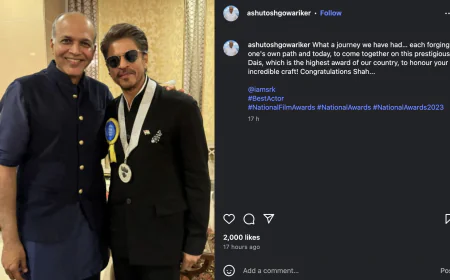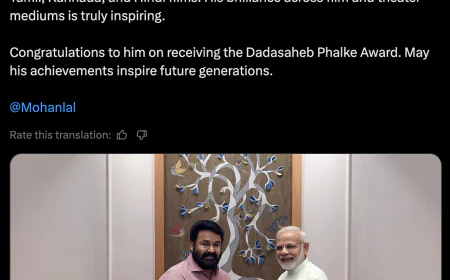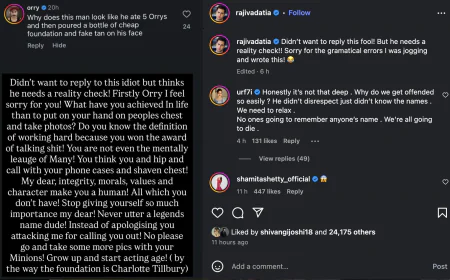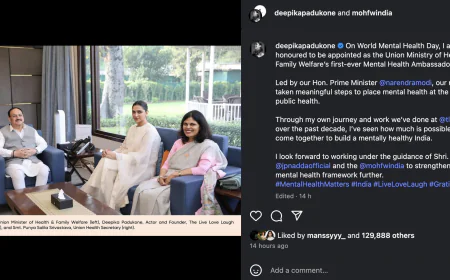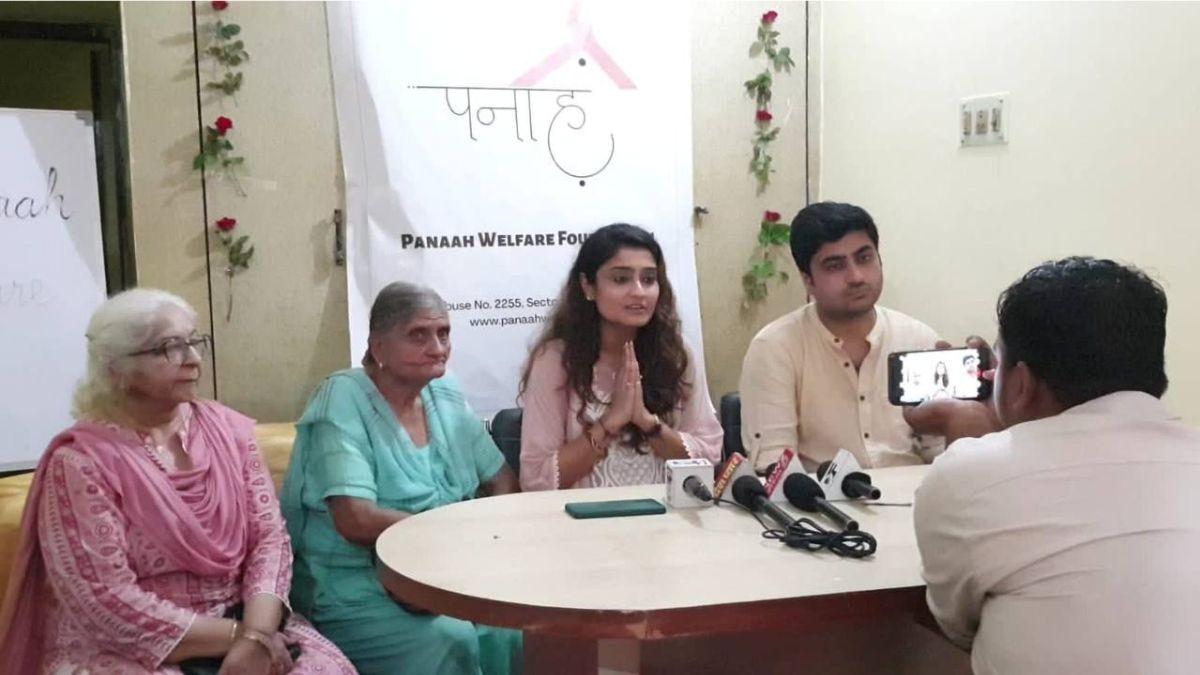CCI: Prima Facie Case Against PVR INOX in Virtual Print Fee Row
CCI probes PVR INOX row: The CCI has ordered an investigation into a complaint filed against multiplex company PVR INOX, which could result in significant losses for the company.

The long-standing dispute between the Indian film industry and multiplex chains has reached a new turning point. The Competition Commission of India has ordered an investigation into the country's largest multiplex company, PVR INOX. The matter relates to the Virtual Print Fee (VPF), which producers allege is being exploited by the company's dominant position.
In the early days of digital cinema, multiplex chains began charging producers an additional fee, called the Virtual Print Fee, to facilitate the transition from analog to digital projection. This fee was intended to cover the cost of purchasing and installing new technology equipment. But now that cinema halls across the country have gone completely digital, this fee is still being charged. The Film and Television Producers Guild of India filed a complaint with the CCI alleging that PVR INOX is not waiving this fee, placing an additional burden on smaller producers.
In its 33-page order, the CCI stated that prima facie it appears the company has violated Section 4 of the Competition Act, which prohibits any company from abusing its dominant position. The Commission acknowledged that PVR INOX controls approximately 30% of multiplex screens and box office revenues nationwide, giving it a dominant position in the market. The CCI also noted that some major Hollywood studios are exempt from this fee, while Indian independent and small filmmakers still have to pay it. This approach appears discriminatory, according to the Commission.
In its defense, the company stated that digital projection equipment is very expensive and needs to be replaced every 8-10 years. If this fee is discontinued, ticket prices will increase further, directly impacting audiences.
The CCI stated in its order that this investigation is only a preliminary observation, not a final conclusion. The Commission's Director General (DG) has been directed to complete the investigation within 90 days and also examine the role of company officials in the investigation.
Producers believe that eliminating this fee will provide relief to small-budget films and give them a better chance to compete with larger films. There has been a long-standing debate in the industry that even in the digital age, this fee has become merely another source of revenue.
All eyes are now on the CCI's investigation. If the Commission finds that the company has abused its dominant position, PVR INOX could face heavy fines and even abolish the virtual print fee altogether. This decision could prove significant for both the Indian film industry and audiences in the future.








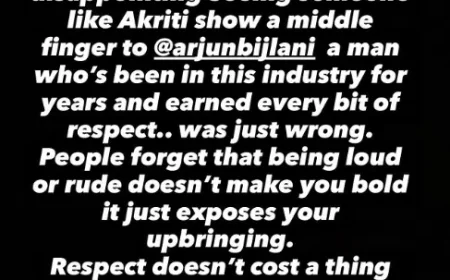

.jpg)





